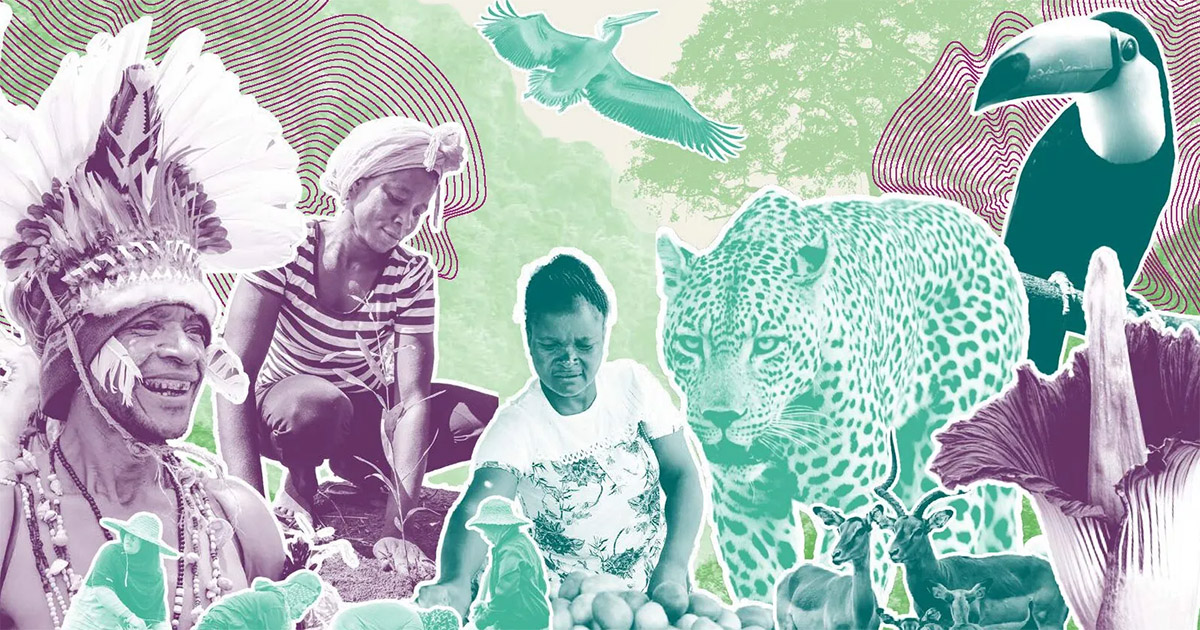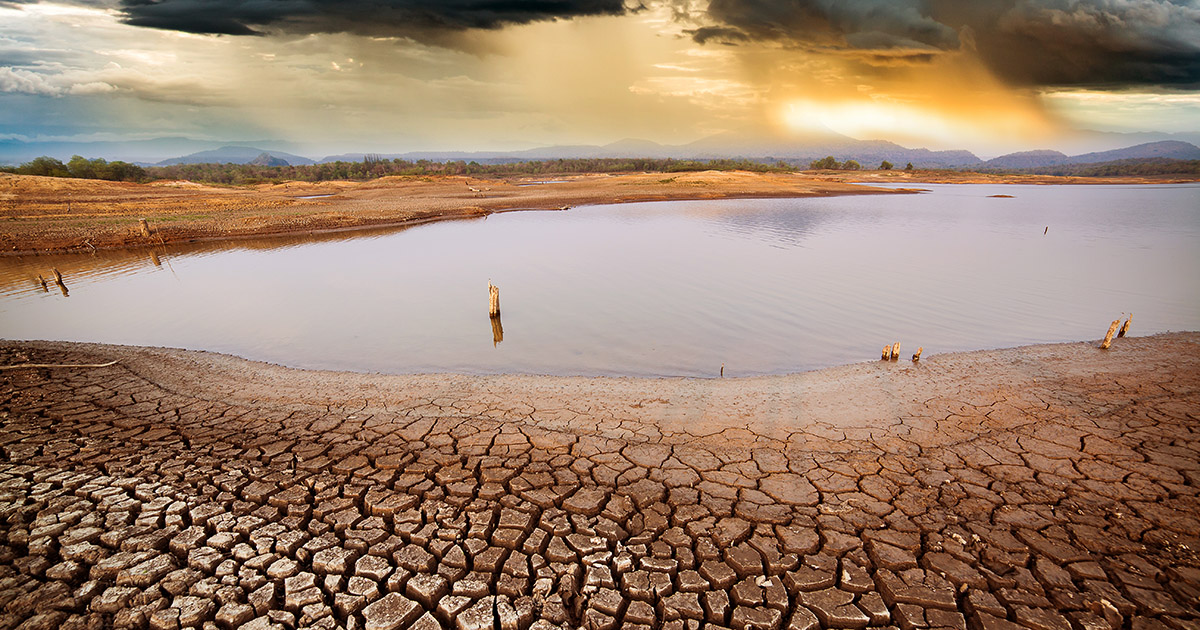This paper places forestry in the larger context of rural development and therefore in the current debates on poverty and inequality. While Africa has high levels of natural and human capital it is the poorest and most unequal region in the world. In order for natural assets to contribute to environmental, economic and empowerment outcomes four principle interlinked changes are needed: 1) Improve the recognition of the fundamental role of natural resources in economic growth of poor countries and poor populations and in the development of democracies and good governance; 2) Better distribute resource rights, both property and procedural, giving the poor greater security, access and control; 3) Develop and implement frameworks, regulations and enforcement to assure that natural resource markets work for the poor; 4) Redefine the role of science and technology, and associated planning and institutions.
Download:
DOI:
https://doi.org/10.1505/ifor.8.1.44
Jumlah Kutipan Dimensi:



















